Q. There has been a leak in my line in my co-op. I have reported the leak, three of my neighbors have also reported leaks. The co-op board has had the super make repairs, and he plasters and paints around the leak. There is a mold smell in the closet where the leak happens. The first-floor resident has had the brunt of the issue, but while I was away recently a large leak happened from above, from either the fourth, fifth, or sixth floor, or rooftop, damaging all of my linens. I am on the third floor and my fourth-floor neighbor has had no issues in that closet. When the plumber came in, he cut through the rear wood wall of my new kitchen cabinets (total gut reno October 2021) to investigate the leak. It was discovered (supposedly) one floor down and in the closet on the other side of the wall from my kitchen sink and cabinets. Who is responsible for making the repairs to my cabinets?
—Soggy Towels
A. “Unfortunately, the short answer is most likely you,” says Eric M. Wohl, partner with the Manhattan office of law firm Armstrong Teasdale. “The longer answer is it depends on what your proprietary lease states with respect to repair obligations, and every building has a different form of proprietary lease. Assuming you have a standard form, then the co-op is only obligated to repair ‘original’ structural items (floors, walls, ceilings) that have not been renovated. Because you renovated your kitchen—no matter how one of a kind those new tiles are—you aren’t convincing anyone that they’re original. In addition, assuming you entered into an alteration agreement with the co-op for the gut reno, the alteration agreement probably contains a provision granting the co-op the right to access the pipes located behind the renovations and for you to be solely responsible for all costs incurred in connection with such access, including the cost to repair the kitchen cabinets.
“However, there is one caveat: You mention that the co-op made repairs and then additional leaks occurred. If the co-op was negligent in repairing the initial water leak, then the co-op may be responsible for the additional damage. However, if the co-op denies such negligence claim, proving your case may require expensive litigation that surpasses the cost of just paying for the repairs. In the meantime, you should contact your insurance carrier who may cover the cost of the damage.
“I wish I had better news for you but look on the bright side: you’ll finally get around to organizing that linen closet, and when your family asks you what’s for dinner just say, ‘We have to order pizza because I can’t cook with this hole in the cabinet.’”



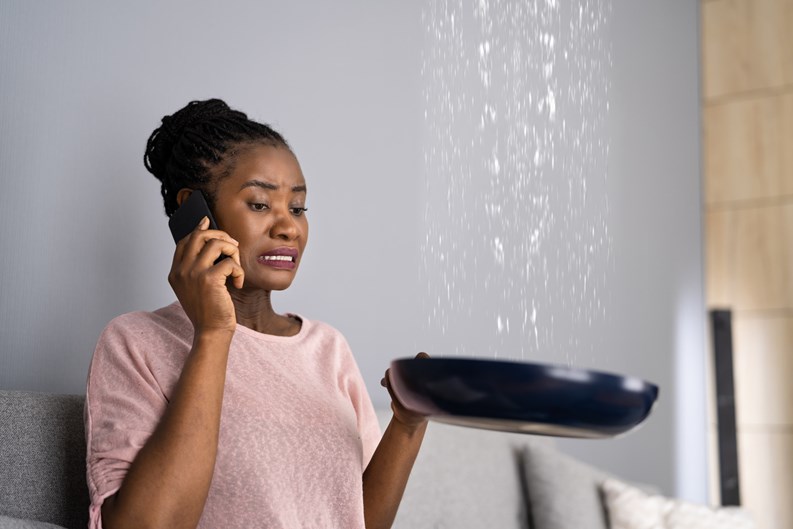
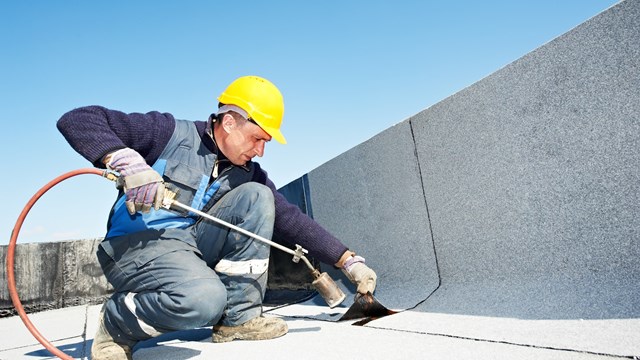
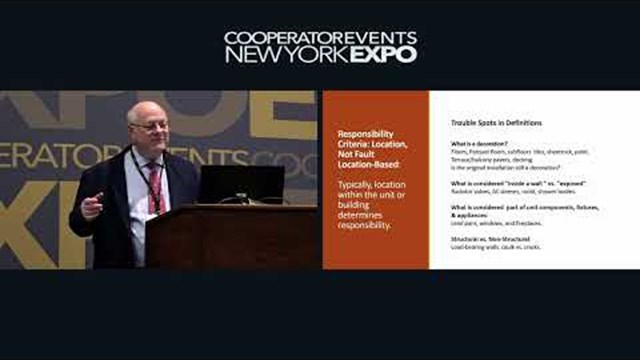

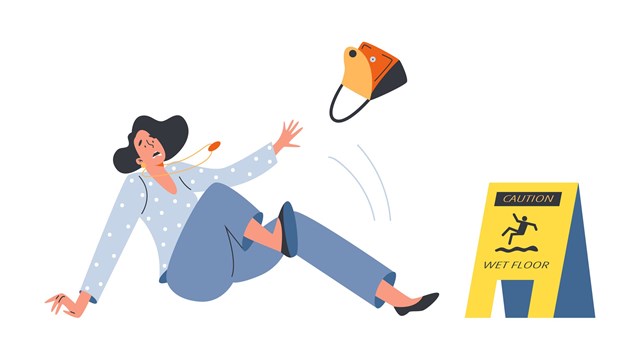
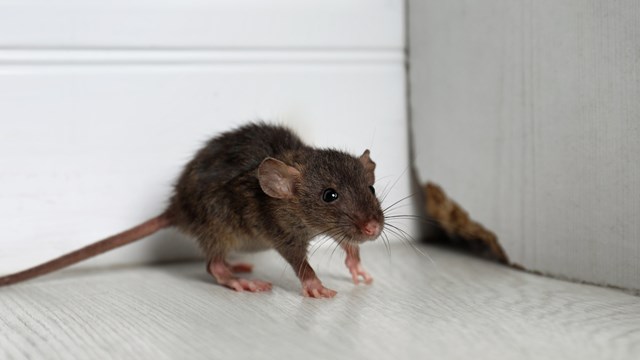

Leave a Comment